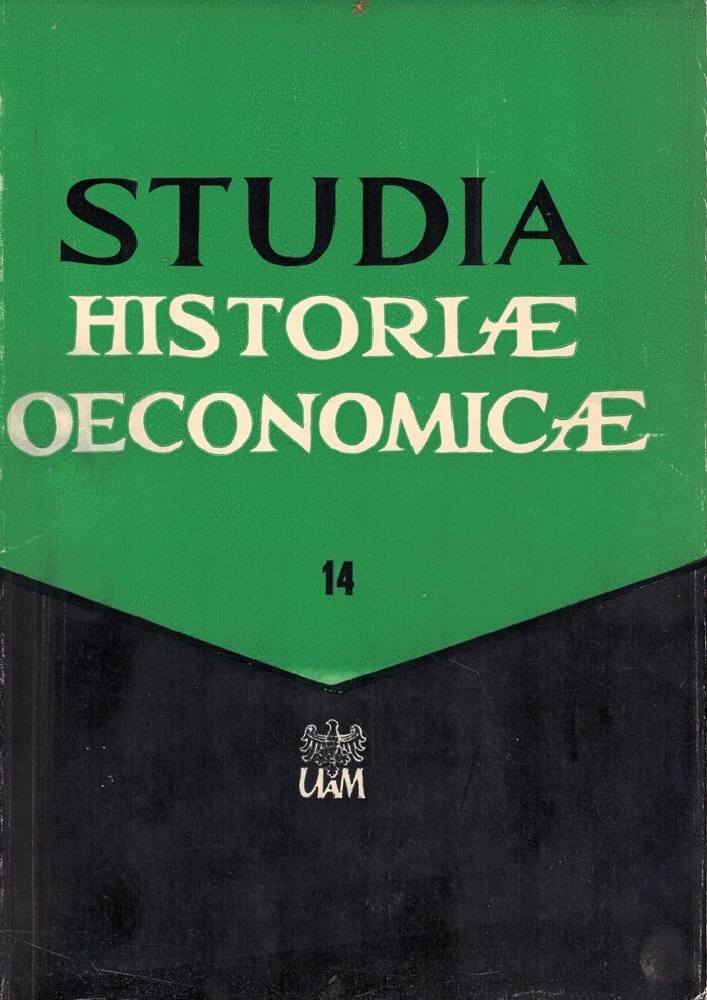Abstract
This article examines the role of vocational education in Upper Silesia, particularly in the Katowice administrative district, during the Nazi occupation of Poland in World War II. The Third Reich’s war economy required a steadily growing labor force, leading to the deliberate expansion of vocational training, especially at the lowest educational level - vocational schools. The aim of the study is to present the structure, function, and ideological orientation of vocational training under occupation conditions. The author draws on archival sources (particularly the Katowice Provincial Archives – WAPK), official regulations, and contemporary publications such as the Yearbook of German Education. The study shows that the vocational school system served a dual purpose: on the one hand, the practical preparation of youth for industrial and technical work; on the other, their political indoctrination in line with Nazi ideology. Instruction focused primarily on hands-on skills, while theoretical and general education subjects were drastically reduced – especially for Polish students. These students were often segregated into separate classes and received only a minimal curriculum, designed solely to prepare them for low-skilled labor. School attendance was mandatory for youth aged 14 to 18, with classification in the German ethnic registry (Volksliste) playing a key role in school eligibility. Despite strong pressure and punitive measures, the system failed to meet its planned enrollment targets, as many families resisted the occupation authorities' control. Ultimately, vocational schools became tools of economic exploitation and political Germanization. They functioned not only to supply cheap labor but also to instill loyalty to the Nazi worldview, raising a generation of youth shaped by the ideological and economic goals of the occupying regime.
References
WAPK – Wojewódzkie Archiwum Państwowe w Katowicach (Staatsarchiv der Wojewodschaft Katowice) - Regierungsbezirk Katowice (RK), vol. 12568.
Deutsche Schulerziehung. Jahrbuch des deutschen Zentralinstituts für Erziehung und Unterricht 1940 (1940) Berlin: Mittler.
Deutsche Schulerziehung. Jahrbuch des deutschen Zentralinstituts für Erziehung und Unterricht 1941/1942 (1943) Berlin: Mittler.
‘Die großen Aufgaben der Berufsschule’ (1941) Kattowitzer Zeitung, no. 51, 21 February.
Kattowitzer Zeitung (1940), no. 306, 5 November.
License
Copyright (c) 1979 Janina Molenda
This work is licensed under a Creative Commons Attribution-ShareAlike 4.0 International License.





